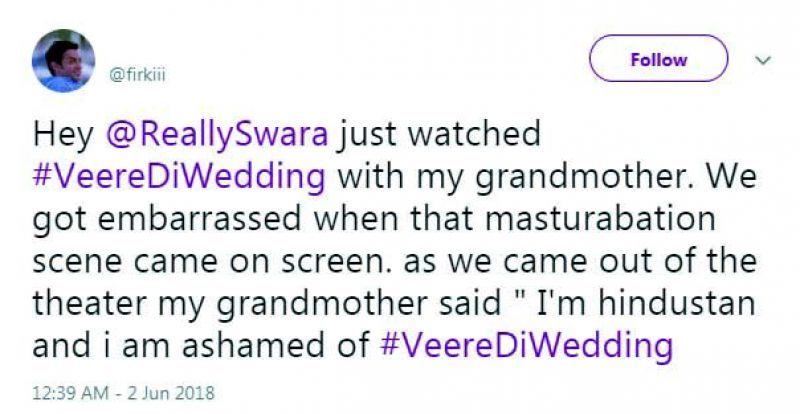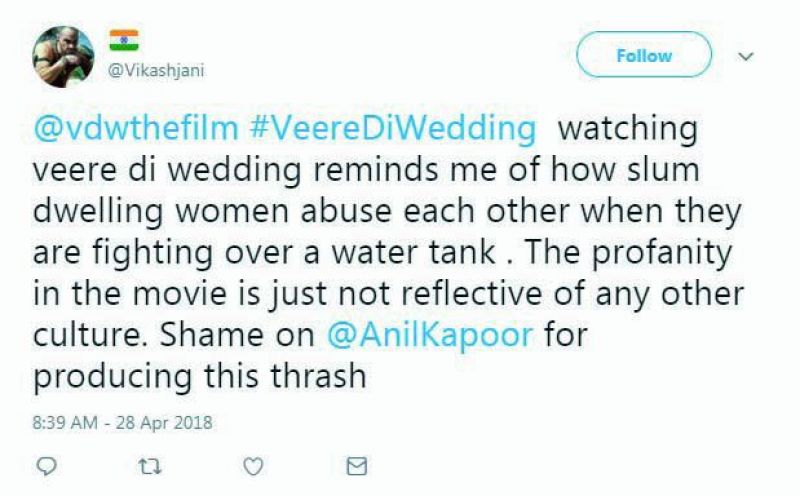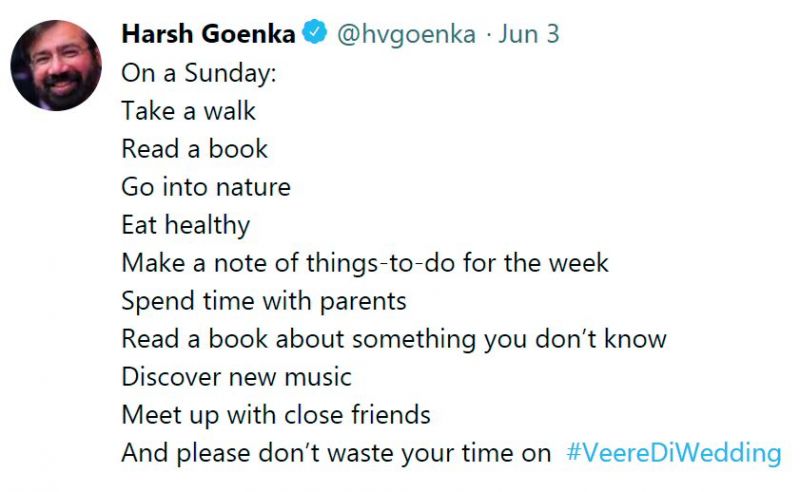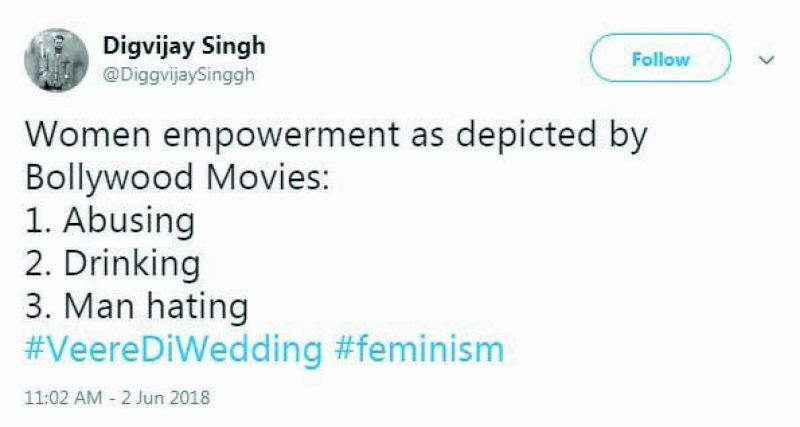The Veers too brave for men?
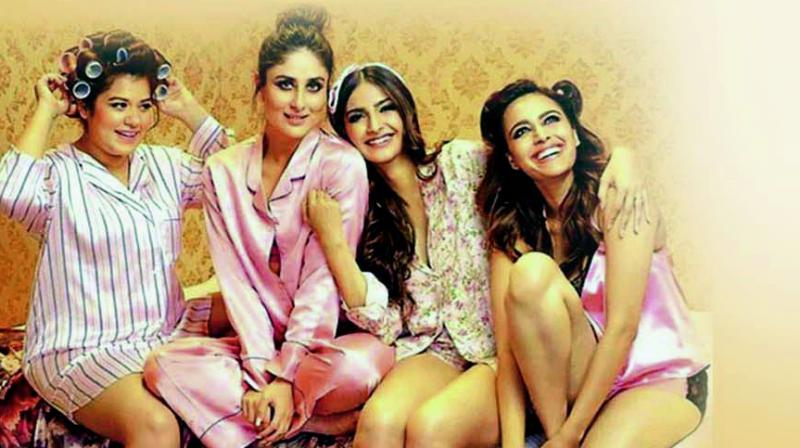
A fun and outrageous movie about female friendships, Veere Di Wedding features four women with strong personalities who have no inhibitions about drinking, having flings or swearing like sailors. The film comes as a breath of fresh air as it holds a mirror to the lives of many urban women in India. But the film has ruffled some feathers with trolls happily trashing it on social media, mainly because it’s lacking in feminine virtue. For instance, a certain group of grandmothers (as referred to in the tweets) have taken offence to the masturbation scene while others weren’t enamoured by the ribald dialogues, liberal use of cuss words and even the drinking scenes. While the film did receive its fair share of praise and enjoyed a mammoth box office opening, some have even asked for the boycott of the film.
It seems the ‘unladylike’ behaviour of the protagonists is what has made some people uncomfortable. It is interesting how, even in today’s supposedly liberated world, women are still expected to conform to certain socially accepted behaviour patterns. Comedian Sumukhi Suresh makes a relatable comment when she says, “I have received my share of don’ts. But, as a comedian, it’s my job to not give a damn. The attitude of women being prim and proper doesn’t fly anymore. Unless some women wish to be like that, then it’s their choice and that’s okay too. But if it is my choice to be loud and gregarious, it’s only fair that I am not pushed to a corner and made to feel bad about it.”
Along with taking offence to the bold dialogues and scenes, there were also those who felt that the film championed the wrong brand of feminism; the point of contention being how can drinking, smoking and having sex be what feminism is about? But as author Kiran Manral points out, this is an absurd argument. “People smoking and abusing is not feminism; this is just regular, everyday women living. You have films about men doing the same thing and there are no labels attached. Just because it’s a movie about women, you attach the label of feminism to it and then question whether or not the movie matches your definition of feminism,” she says.
But if feminism demands equality between genders, then doesn’t this movie, which gives voice to female narratives, do its bit towards the cause? Kiran says, “It has women actors and women producers. It is a very women-centric film. I think it talks about a lot of issues women go through and it’s very real in how women discuss men and how women deal with sexuality. So, is that feminism? Definitely that is.”
Author and screenwriter Anuja Chauhan echoes this opinion when she says, “By having women in lead roles, a big budget and bringing in money, such a film sends out the message that women can do well by themselves. The film should be celebrated because it was helmed by four female artists. The message is in the format of the movie.”
Given the subject of the film, it isn’t surprising that more men than women seem to be denouncing the film. While many women (apart from the disgruntled grandmothers) view it as a film that gives voice to relatable problems, some men seem to have a less flattering view about it.
Academic Shiv Visvanathan feels the disparate views are a result of women are embracing change. “Women are changing faster than men in terms of body perception, dressing and careers. They are willing to experiment. Women have become both the index and the vehicles of change, but our society is not willing to give women the kind of space they need to grow. People in authority are not quite used to women having a different vision of the world and this, in the next few years, will be a source of great creativity and violence,” he says.
Despite the mixed reviews, Veere Di Wedding seems to have set the course for more films on female friendships in the future and for that, it needs to be appreciated.
Bitteratti
